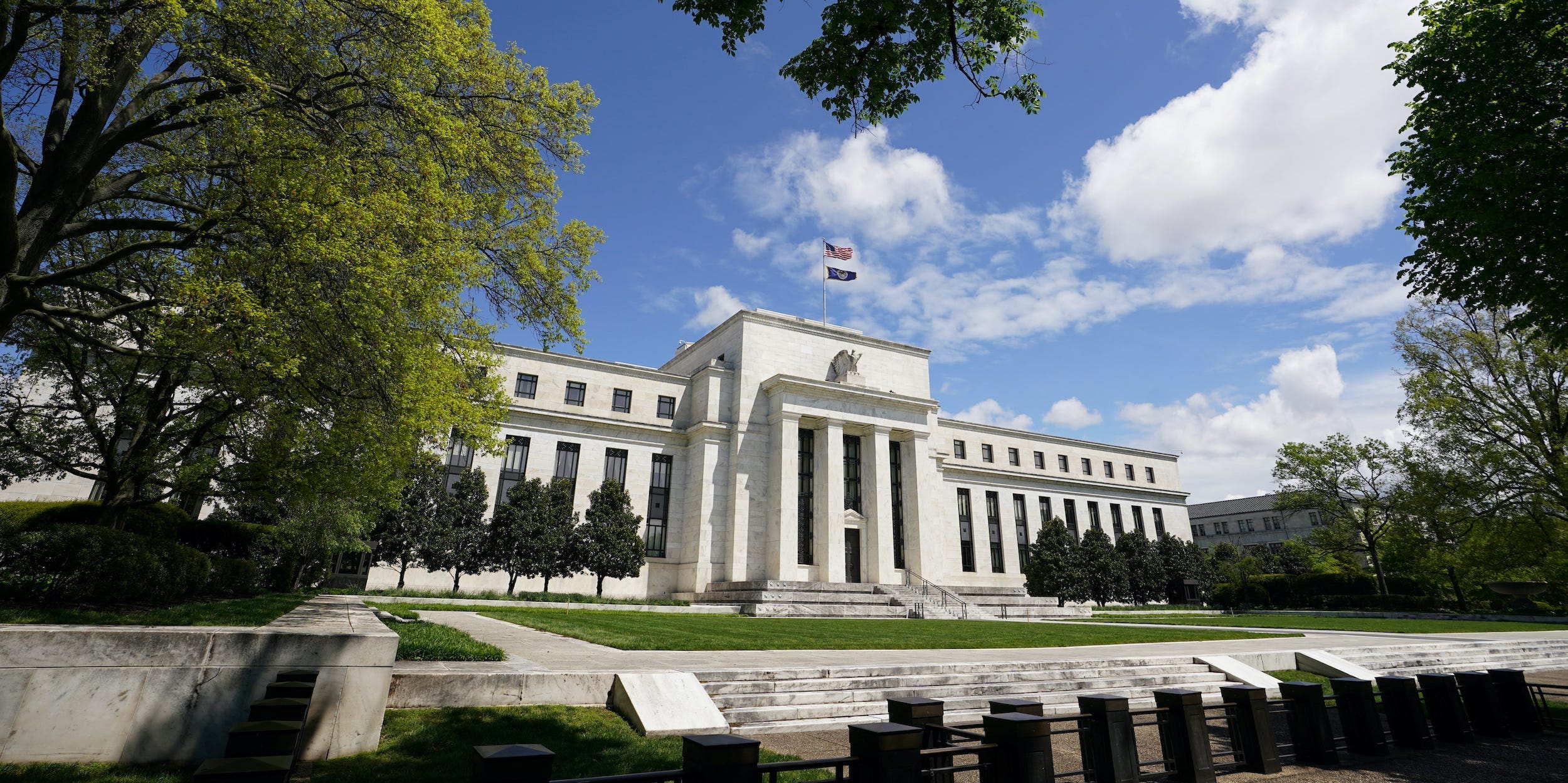
- The Fed will end a pandemic-era rule that eased banks' capital requirements on March 31.
- The policy allowed major banks to hold less cash against Treasurys and was meant to spur lending.
- The announcement fueled a short jump in Treasury yields and dragged bank stocks lower.
- See more stories on Insider's business page.
A rule change that eased capital requirements for major banks will expire as planned on March 31, the Federal Reserve said on Friday.
The pandemic-era policy to give banks relief from what is formally called the supplementary leverage ratio allowed Wall Street firms to keep less cash on hand against Treasurys than usual. The rule aimed to free up banks' abilities to lend during the downturn, as well as cut down on bond-market froth. By no longer counting Treasurys and central bank deposits when calculating the amount of reserves needed, banks would have more cash to lend out to struggling businesses and households.
The SLR relief was slated to expire at the end of the month, yet investors had been looking to the Fed to clarify whether it would extend the rule. While banks' quarterly reports showed a robust recovery through 2020, some had expected the relief would continue as part of the Fed's ultra-easy policy stance.
That group's reaction to the Friday announcement was captured in knee-jerk reactions across markets. The 10-year Treasury yield temporarily shot higher before paring most of the sudden gains. Bank stocks faced more permanent losses, with JPMorgan, Goldman Sachs, and Morgan Stanley all tumbling immediately after the open.
The central bank said it will soon seek public comment on adjustments to the SLR. New dynamics in the bond market and the broad economic recovery could warrant additional rule changes, according to the Fed.
"Because of recent growth in the supply of central bank reserves and the issuance of Treasury securities, the Board may need to address the current design and calibration of the SLR over time to prevent strains from developing that could both constrain economic growth and undermine financial stability," the Fed added in a statement.
Still, such adjustments won't erode the strength of banks' capital requirements, the central bank noted.
The SLR was formed in 2014 out of a broader set of capital requirements put in place after the global financial crisis. The international regulations, known as Basel III, seek to mitigate financial-system risk by mandating that banks maintain certain ratios of cash in accordance with their leverage.
Implementation of the new rules in 2009 gave the Fed a new tool with which to ease monetary conditions during the coronavirus recession.
